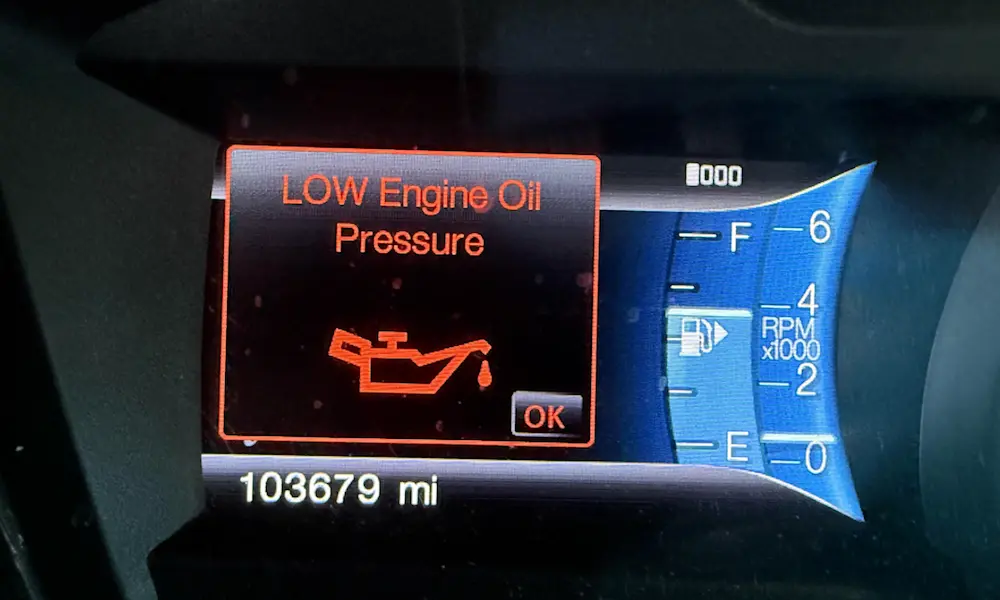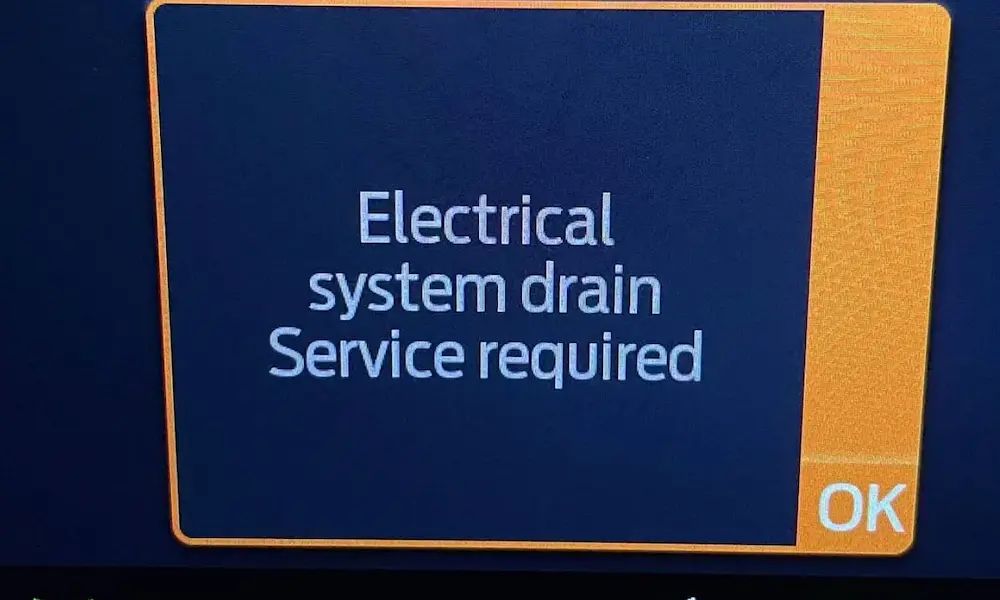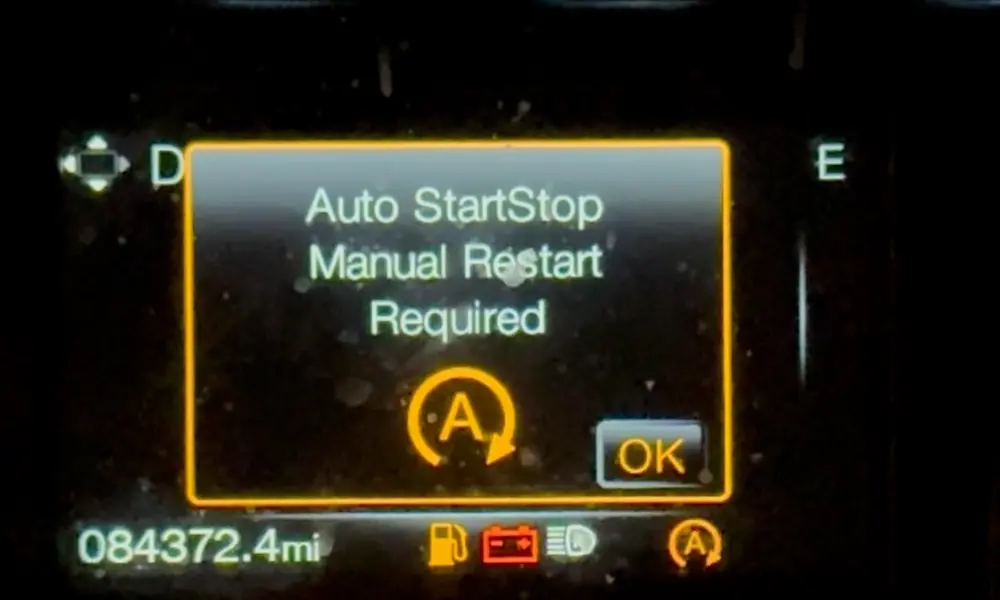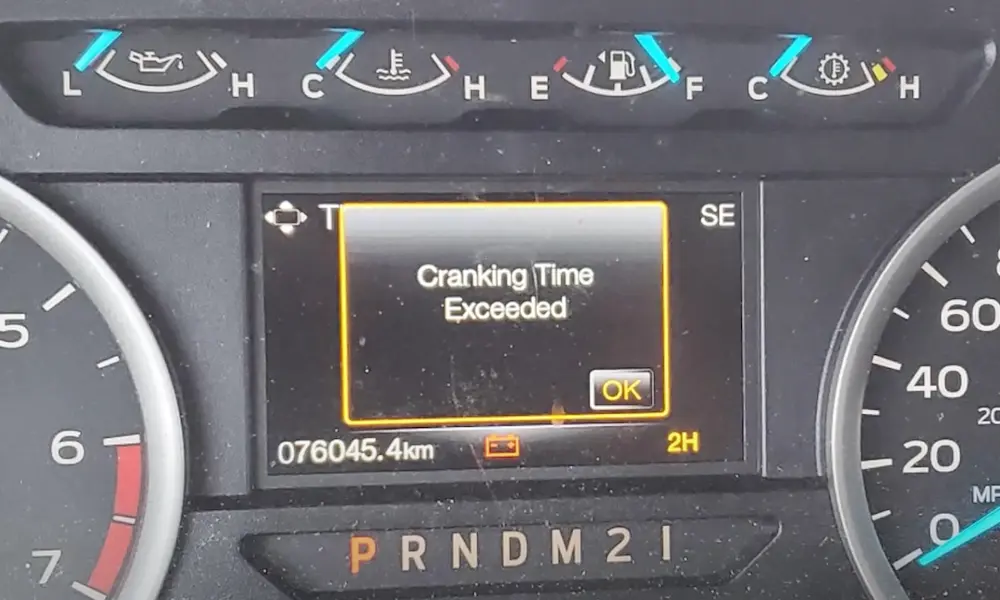Are your gears shifting roughly? Is your Ford making strange noises when you slow down? These could be signs of 6F35 transmission problems. Since its 2009 introduction, this six-speed automatic has powered millions of Ford vehicles – but it’s not without its issues. Let’s explore what goes wrong, why it happens, and what you can do about it.
What Vehicles Use the Ford 6F35 Transmission?
The 6F35 transmission has been a mainstay in many popular Ford, Lincoln, and even some Mazda models for over a decade. If you drive any of these vehicles, you’re dealing with a 6F35:
- Ford Fusion (2010-2020)
- Ford Escape (2009-2021)
- Ford Edge (2011-2018)
- Ford Explorer (2011-2019)
- Ford Focus (2014-2018)
- Ford Taurus (2013-2018)
- Ford Transit Connect (2013-present)
- Lincoln MKC, MKZ, and MKS models
- Mazda Tribute (2009-2011)
Common 6F35 Transmission Problems and Symptoms
Shifting Issues
The most widespread complaints involve how the transmission shifts between gears:
- Delayed engagement: That lag when you press the gas pedal and nothing happens for a second or two
- Hard shifts: Particularly noticeable during 3-2 downshifts when slowing down
- Slipping gears: When your RPMs suddenly spike but speed doesn’t increase
- Jerky movements: Rough transitions between gears that you can feel throughout the vehicle
According to Gears Magazine, these issues typically start mild but worsen over time: “The 6F35 transmission is a very polite shifting unit on most occasions… However, as the vehicle ages, shift quality begins to deteriorate.”
Unusual Noises
Your car shouldn’t sound like a percussion instrument. Watch for:
- Clunking or knocking when slowing down or speeding up
- Whining noises during acceleration
- Grinding sounds during gear changes
- Unusual humming or buzzing at highway speeds
Performance Problems
Beyond the obvious shifting issues, the 6F35 can exhibit other performance-related symptoms:
- Hesitation when accelerating from a stop
- Shuddering or vibrating, especially at steady speeds
- Vehicle going into “limp mode” with limited gears available
- Complete transmission failure requiring towing
Warning Lights
Your dashboard might be trying to tell you something:
- Check Engine Light
- Transmission Warning Light
- Wrench icon (on some Ford models)
If these illuminate, get an OBD scan right away to identify the specific transmission codes.
What Causes 6F35 Transmission Failures?
Bushing Wear
One of the primary culprits behind 6F35 problems is worn bushings, particularly:
- Sun gear bushing
- Driver’s side axle bushing
- Case wear at the differential housing
When these components wear down, shifting problems begin: “When bushings wear, there is a greater demand for lubrication flow. The result is a delayed response to changes in line pressure demand and clutch fill timing, affecting shift quality.”
Torque Converter Issues
The torque converter is a frequent failure point in the 6F35:
- Overheating leading to fluid breakdown
- Torque converter clutch failure
- One-way clutch problems causing engine speed fluctuations
These issues were significant enough that Ford created a specific Customer Service Program (20B27) to reprogram the Power Control Module to help prevent torque converter overheating in some models.
Clutch Pack Failures
The multiple clutch packs in the 6F35 can wear prematurely due to:
- Excessive heat
- Contaminated fluid
- Normal wear accelerated by driving conditions
Engine-Related Factors
Interestingly, certain engine conditions can directly impact transmission performance:
- Dirty air filters causing harsh downshifts
- Low engine oil affecting variable valve timing
- Incorrect oil viscosity disrupting powertrain management
The Cost of 6F35 Transmission Repairs
Let’s break down what you might pay to fix these issues:
| Repair Type | Price Range | Longevity |
|---|---|---|
| Fluid Change | $150-$300 | Preventative maintenance |
| Minor Repair (shift solenoids, sensors) | $300-$800 | May only address symptoms |
| Transmission Rebuild | $2,500-$4,000 | Addresses most internal issues |
| Full Replacement (remanufactured) | $3,500-$5,000 | Complete solution |
| New Transmission (dealer) | $5,000-$7,000 | Most expensive option |
These prices vary based on location, vehicle model, and whether you choose independent shops or dealerships.
DIY Fixes vs. Professional Repairs
What You Can Fix Yourself
If you’re mechanically inclined, you might tackle:
- Transmission fluid and filter changes
- External sensor replacement
- Adjusting shift linkage
- Installing aftermarket transmission coolers
A complete DIY rebuild is possible with specialized tools and rebuild kits that include friction clutch plates, fluid filters, and gaskets. However, this is not for novice mechanics.
Professional Repair Options
For most people, professional help is the safer choice. Consider:
- Ford dealership service: Expensive but uses OEM parts
- Transmission specialty shops: Often more cost-effective with similar expertise
- General repair shops: Varies widely in transmission expertise
When seeking professional help, look for shops with specific 6F35 experience. Ask if they use upgraded components to address known weaknesses.
Preventing 6F35 Transmission Problems
Maintenance is Key
Proactive maintenance can significantly extend your transmission’s life:
- Change transmission fluid more frequently than Ford recommends – every 30,000 miles is a good target
- Use only Mercon LV fluid or approved equivalents
- Maintain proper engine oil levels and quality
- Address check engine lights immediately
- Consider installing an auxiliary transmission cooler for extra protection
Driving Habits Matter
How you drive affects transmission longevity:
- Avoid aggressive acceleration and braking when possible
- Allow the transmission to fully engage before accelerating hard
- Consider using Sport Mode for local driving under 50 mph (oddly, this can reduce torque converter heat)
- Let your car warm up before driving in very cold weather
Legal Options for Persistent Problems
If you’ve experienced repeated problems despite proper maintenance:
Lemon Law Claims
Vehicles with persistent transmission issues may qualify for lemon law protection. According to Lemon Law Experts, average settlements for affected models have reached around $50,000 for Ford Escape and Ford Fusion models.
Requirements typically include:
- Multiple repair attempts for the same issue
- Vehicle still under warranty
- Substantial impact on safety, value, or use
Ford Customer Service Programs
Ford has offered assistance for specific 6F35 issues through Customer Service Programs like 20B27, which reprogrammed the Power Control Module to help protect the torque converter from overheating in certain models.
Extended Warranties
If available, consider a quality extended warranty specifically covering the transmission. Just be sure to read the fine print about what’s actually covered.
How to Spot 6F35 Problems When Buying Used
If you’re shopping for a used Ford with this transmission:
- Test drive on various roads and speeds
- Check for hesitation when accelerating from a stop
- Listen for unusual noises during shifts
- Pay attention to how the car behaves when slowing down
- Have a pre-purchase inspection by a mechanic familiar with these transmissions
- Run a vehicle history report to look for previous transmission work
Upgraded Parts for 6F35 Rebuilds
When rebuilding, consider these specific upgrades pointed out by transmission specialists:
- Sonnax shift correction kits
- Upgraded valve body components
- Heavy-duty torque converters
- Reinforced clutch packs
- Improved bushings for commonly worn areas
The Future of Your 6F35 Transmission
While the 6F35 has its problems, proper maintenance and timely repairs can help you get the most from this transmission. Many owners report 150,000+ miles with appropriate care.
For those experiencing major issues, weighing repair costs against your vehicle’s value is crucial. Sometimes, the most economical choice is trading in for a different model, especially if repair quotes approach half your car’s value.
When properly maintained and repaired with quality components, the 6F35 transmission can continue providing reliable service, despite its reputation for developing issues as it ages. The key is being proactive about maintenance and addressing small problems before they become transmission-killing catastrophes.














